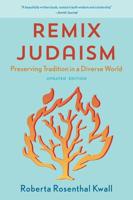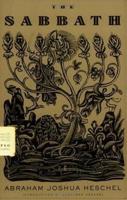Publisher's Synopsis
This book recapitulates chapters in two comprehensive accounts of the theology of Rabbinic Judaism, which deal with the two principal components of the native categories of the Rabbinic canon-Aggadah, lore, and Halakhah law. Jacob Neusner abbreviates some chapters in the two systematic accounts, The Theology of the Oral Torah: Revealing the Justice of God (1999) and The Theology of the Halakhah (2001). In this book, Neusner supplies a précis of the principal theological topics that have occupied him for the past two decades. In this way, he gains an audience of colleagues with an interest in the theology of Rabbinic Judaism who are unlikely to read the long books with their elaborate repertoire of sources that set forth Neusner's principal results. The systematic Theology of the Halakhah and its equally systematic companion for the Aggadah, The Theology of the Oral Torah: Revealing the Justice of God, tell a single, continuous story. Seen together, the two large and distinct realms of discourse portray one Judaism: an integrated world-view (Aggadah), way of life (Halakhah), and account of the social entity, Israel. All together, these represent Neusner's answer to the critical question of defining Rabbinic Judaism: how do the diverse, autonomous documents of Rabbinic Judaism in its formative age coalesce, like the Mishnah, which transcends documentary limits and joins the Halakhah to the Aggadah in a single coherent formulation, and of what does that statement consist? In The Rabbinic System, he conveys, as a single continuous narrative, the tale that the Halakhah and the Aggadah as theological constructions jointly tell.










